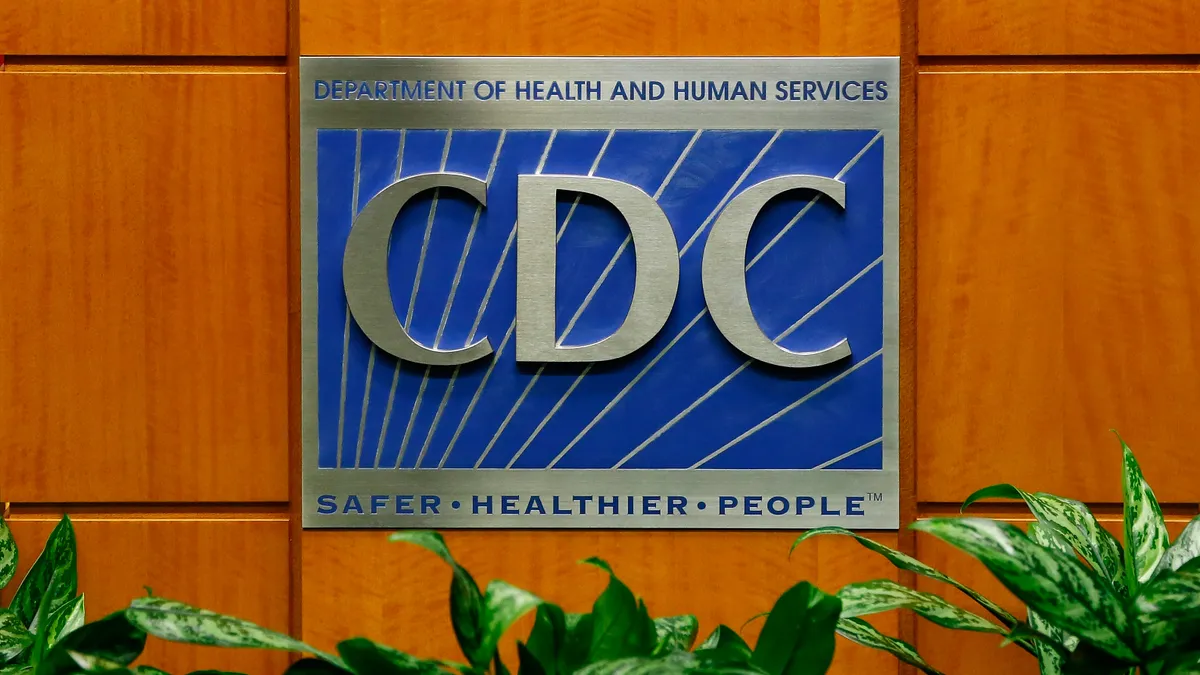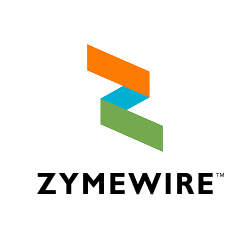A panel of advisers to the Centers for Disease Control and Prevention on Wednesday recommended lowering the age for routine pneumococcal vaccination from 65 to 50 years of age, boosting the sales potential for multiple shots on the market or in development.
Committee members voted nearly unanimously to make the change, with the agency noting in a statement that it will allow for greater protection “at the age when risk of infection substantially increases.” Previous guidelines endorsed shots for adults at least 65 years of age, people with certain chronic health conditions, and kids under 5. Adults over the age of 65 and young children are at the highest risk of infection, according to the CDC.
The new recommendation could grow a lucrative market for vaccines that’s long been dominated by Pfizer’s Prevnar franchise, but now includes additional and emerging entrants designed to provide broader protection.
Merck, for instance, was cleared by U.S. regulators in June to begin selling Capvaxive. That shot protects against 21 types of the bacteria that cause pneumococcal disease, including eight not covered by other vaccines. Merck has said those eight account for more than one-quarter of invasive pneumococcal disease cases in adults 50 years and older.
Behind Merck is Vaxcyte, which is developing a shot designed to cover 31 strains. Vaxcyte produced positive results in a early trial in September and could have Phase 3 data in 2026. GSK is in the mix as well, with a candidate it acquired in a buyout of startup Affinivax in 2022.
The panel made its decision based on the hope that it might boost uptake of the shots and reduce the incidence of disease in people currently at risk of poor health outcomes, wrote Jefferies analyst Akash Tewari in a note to investors. Nonetheless, in a separate report, Roger Song, also of Jefferies, called the recommendation a “surprise,” given it could raise costs and mean people will require an additional shot as they get older.
Analysts, as a result, have revised their sales estimates for pneumococcal shots. Tewari boosted peak annual sales projections for Capvaxive from $1.5 billion to $1.8 billion and now expects Prevnar 20 to bring in as much as $7.2 billion annually, from $6.8 billion previously.
Leerink Partners analyst Daina Graybosch added that she expects Merck to get the “lion’s share” of the adult market in the near term, with the new recommendation leading to a possible $700 million boost in U.S. revenue in the 2026 fiscal year.
“Merck’s dominance will likely be short-lived, however,” she cautioned, as Vaxcyte’s candidate, if approved, could be a “formidable competitor” by 2028.














